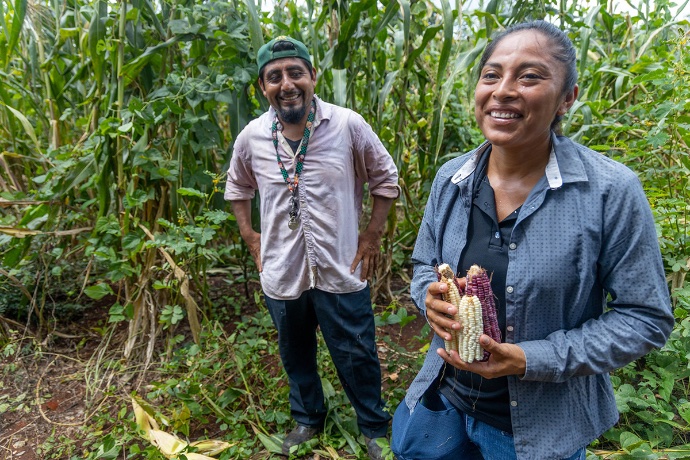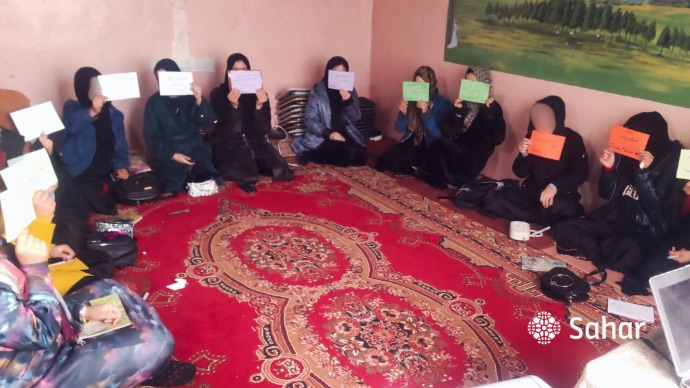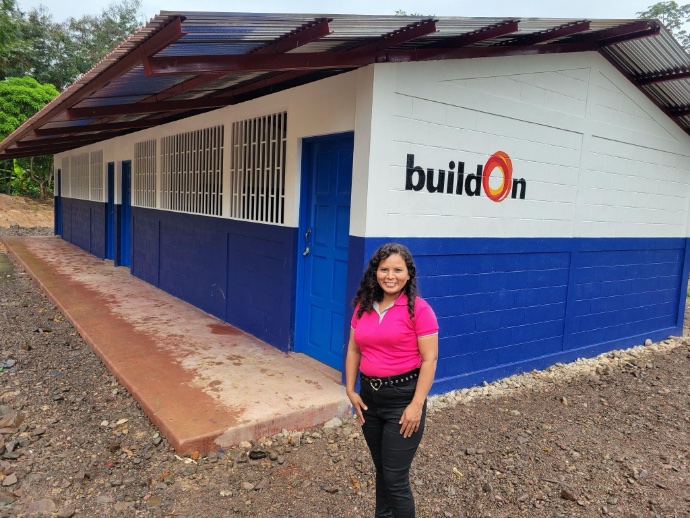Blog
Posted on February 19, 2025
By Surita Sandosham, President and CEO, Heifer International

Yazmin Judit Hau Tun, right, holds ears of corn harvested from her milpa, a traditional Indigenous farming system that sustains families and local food production. Photo by Phillip Davis/Heifer International.
I am writing this in the lead-up to International Women’s Day on March 8 — an occasion each year when we recognize the need to ensure that women everywhere have equal opportunities to learn, grow, work, innovate, speak up and lead.
Continue Reading
Posted on February 18, 2025
By Allie Renar, Sahar Education

Afghanistan is facing one of the most severe gender apartheid regimes in modern history. Since the Taliban regained power in 2021, Afghan women and girls have been systematically erased from public life—barred from education, employment, and even the freedom to move independently. The world is witnessing an extreme rollback of women’s rights, where generations of progress are being wiped out.
Yet, despite these oppressive restrictions, Sahar Education is keeping hope alive. By offering underground and virtual education programs, Sahar is ensuring that Afghan women and girls can continue to learn, build independence, and prepare for a future beyond the bans imposed on them.
Continue Reading
Posted on February 18, 2025
By buildOn Staff

Sandra de Jesús Gurdián in Santa Teresa, Nicaragua. Photo: buildOn
In communities around the world, access to education is not just about learning—it’s about equity, opportunity, and breaking cycles of poverty. For women and girls, the barriers to education can be even greater, with societal expectations, financial hardship, and outdated gender norms often standing in the way. But when women like Sandra de Jesús Gurdián gain access to education, they don’t just transform their own lives—they uplift entire communities. Sandra’s journey, from a young girl who refused to let poverty keep her out of school to a teacher empowering the next generation, is a powerful testament to the role education plays in achieving gender equity. With the support of buildOn, communities like Santa Teresa are ensuring that both girls and boys have the opportunity to learn, grow, and build a brighter future together.
In Santa Teresa, Nicaragua, Sandra de Jesús Gurdián stands in her beautiful new classroom, surrounded by students who are excited to learn. Her brand new school is just the latest chapter in an inspiring life filled with hard work and dedication in the face of adversity.
Her journey from a barefoot student to confident teacher reveals the transformative power of education.
Continue Reading


